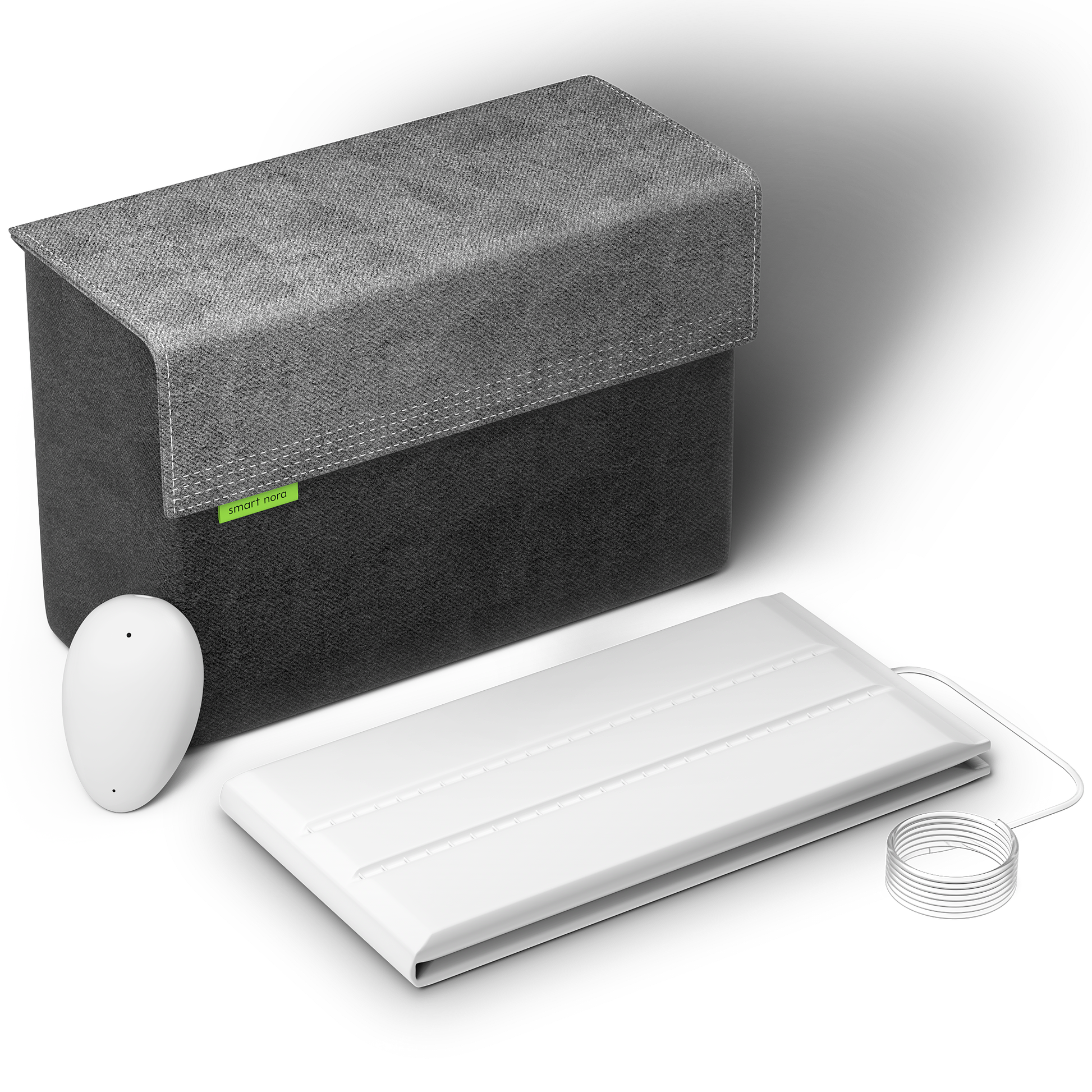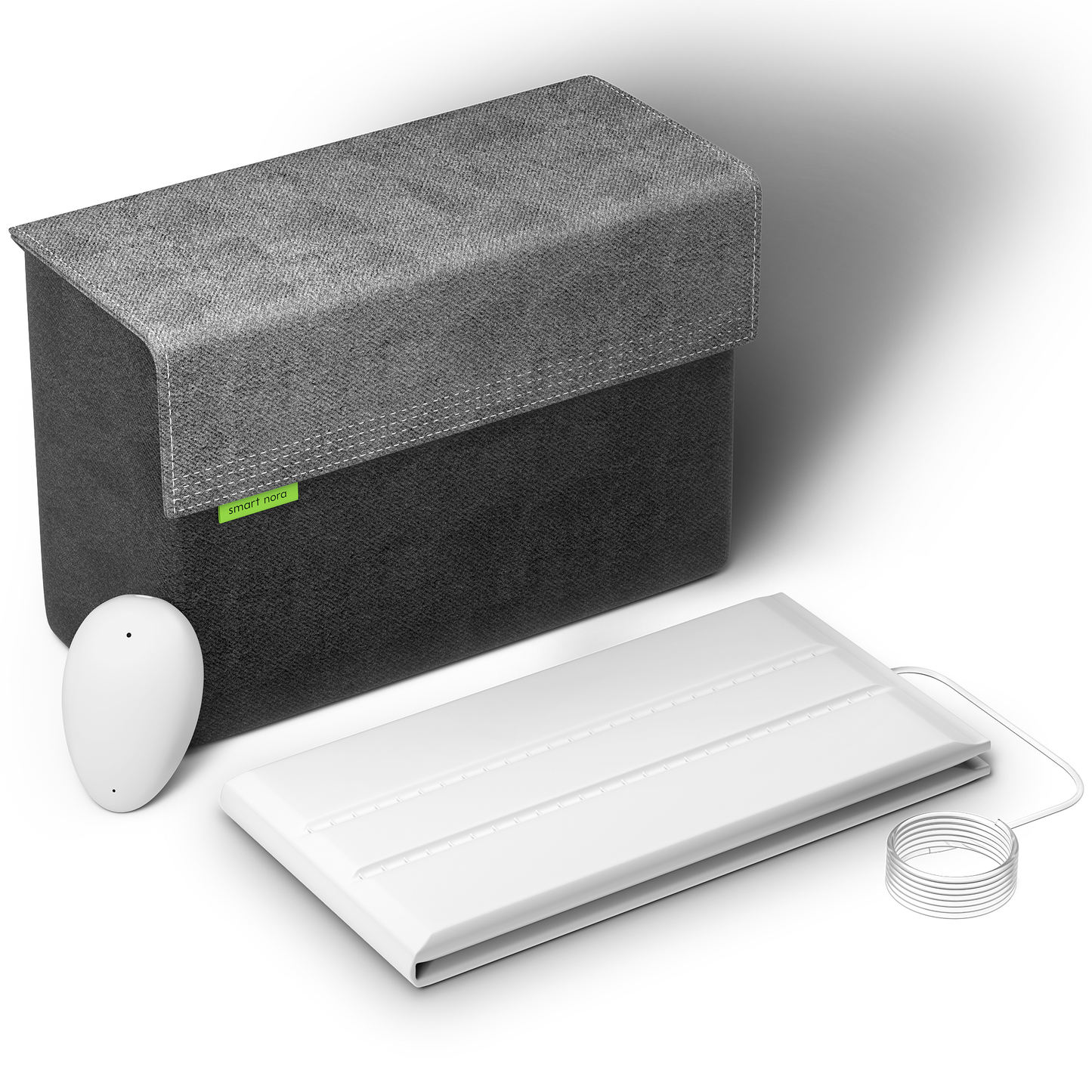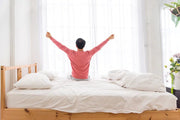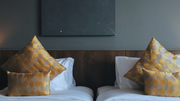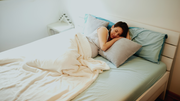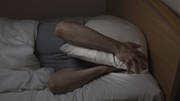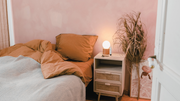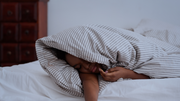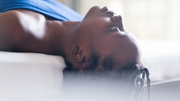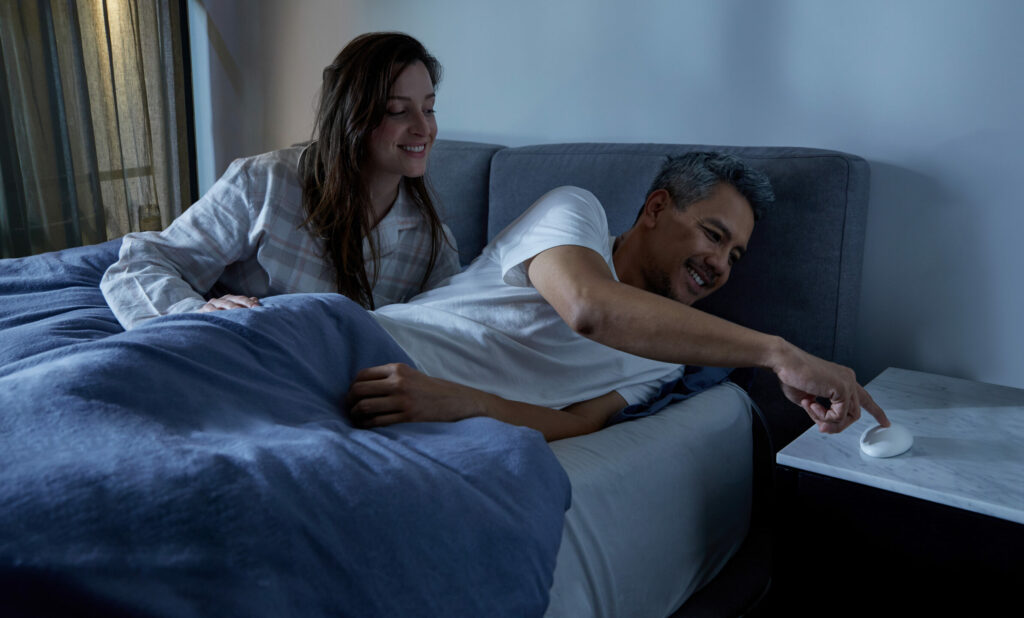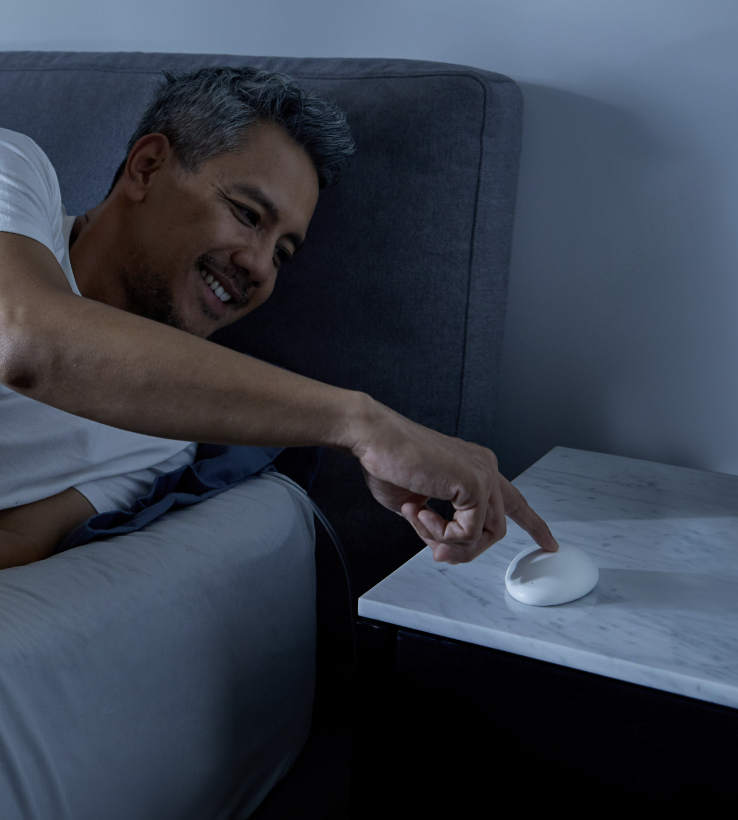When beautiful lilies, gardenias, and rose bushes bloom in gardens, it is a pleasant atmosphere, but it can also mean that the allergy season is about to start. A study found that about 50 million American adults have seasonal allergic rhinitis, more commonly known as hay fever. And allergies aren’t just caused by plants; there are other types too.
Some people often have to deal with seasonal allergies. Seasonal allergies are most common in the United States in the spring, summer, and early fall. These allergies are caused by pollen or mold spores. You might be allergic to pet dander, dust mites, or strong smells if you have allergies that don’t go away with the seasons. These things can make it hard to stay asleep or fall asleep. Seasonal allergies can make you sneeze or have a runny or stuffy nose, itchy nose, eyes, throat, or other symptoms.
It’s hard to deal with allergy symptoms while awake, and allergies can make it hard to sleep at night. In turn, not getting enough sleep can make you feel tired during the day. But don’t give up!
There are ways to help people who have allergies. We’ll talk about what allergies are, how they can affect your sleep, and how to treat the symptoms so you can sleep better.
How Do Allergies Affect Sleep?
When you come into close contact with allergens like pollen or grass, your body makes cytokines part of your immune system’s response to the pollen. Cytokines are proteins that help the body fight infections and allergens like pollen. When released, cytokines cause inflammation in the nose, making the airways narrow and hard to breathe. If the inflammation lasts for a longer period, your brain and thoughts may start to get cloudy. The longer it goes, the more tired you’ll feel and the harder it will be to get things done during the day.
Respiratory allergies include stuffy nose, post-nasal drip, and nose and eye itching, which can be especially bothersome at night. Also, severe or untreated allergies can clog your sinuses, give you sinusitis, and even make you snore. All the symptoms can wake you up at night and make it hard to sleep.
Some allergic diseases get worse at night and may keep you from sleeping, making you tired and hard to focus during the day. People with allergies are also more than twice as likely to have insomnia as people who don’t have allergies. If you don’t sleep enough at night, you’ll feel more tired during the day.
Allergic rhinitis, asthma, and atopic dermatitis all have things that make them worse at night, but they also have unique properties that can affect how well you sleep.
If you have allergies, you should consider how they make you feel at different times of the day and night. In addition to being exposed to allergens at home, your body’s hormones and immune system can change in the evening, triggering symptoms.
Six Top Allergens That Affect Sleep
Allergens are harmless things that make the immune system react too much. Different people are affected by allergies, depending on what they are allergic to, where they live, and the time of year. Here are six top allergens that affect your sleep:
- Pollen: Hay fever is a common allergy when your body reacts to pollen from trees, grasses, or weeds like ragweed. Depending on the plant in question, most people with pollen allergies have worse symptoms and lower quality of sleep in the spring, late summer, and early fall. You can find out how much pollen is in your area online by watching TV or listening to the radio.
- Pet Dander: A pet allergy, or more specifically an allergy to the dander on their skin and saliva, is one of the most annoying allergies for many people. This is one of the most popular allergies in the US annually. Since pet dander causes the biggest reactions when it is directly transferred, ensure your pet doesn’t lick your face, you don’t rub your eyes after handling them, and you wash your hands afterward.
- Mold: Mold spore allergies often change with the seasons because mold grows best when cold and damp. The best way to keep mold from growing in your home is to reduce the humidity. Check for mold around faucets, sinks, shower curtains, fridge trays, dish racks, rugs, soft toys, and books. Clothes and towels that aren’t dried well can also smell musty.
- Dust Mites: Dust mites are one of the most common types of allergens in homes and are also one of the first allergens that young children develop. These tiny creatures live in beds, pillows, and box springs, where they feed on dead skin cells. Dust mite allergies are caused by too much dust, so they can happen at any time of the year. Dust can get in heavy curtains, rugs, sofas, and stuffed animals.
- Strong Odor/Smoke: Exposure to cigarette smoke and some household products (such as cleaning products with strong smells) has been connected to rhinitis symptoms. However, unlike the allergens listed above, the cause may not be allergic sensitization.
- Cockroaches: Proteins in cockroaches have also been known to make some people get symptoms like hay fever. Even after the cockroach dies, the proteins can still cause allergies because they are in the skin, the saliva, and the waste. You can keep these critters out of your home by keeping them clean.
Six Sleep Disorders Linked to Allergies
Allergies can both indirectly disrupt sleep by irritating nasal passages, which can make breathing more difficult, and they can also directly influence sleep.
Allergies can make it harder to wake up, can make you feel tired during the day, and trigger headaches, brain fog, and sinus pain in the morning. Furthermore, nasal congestion and other allergy symptoms are often greater at night. These allergens not only affect you when you’re at home but also when you are away at work.
Frequent contact with allergens could trigger your allergies, which can then lead to various sleep disorders, such as:
- Insomnia
- Sleep Apnea
- Daytime Sleepiness
- Bedwetting
- Sleep-related breathing disorders
- Frequent nighttime awakenings
If your allergies make you snore at night, you might want to buy something to stop you from snoring. Smart Nora is a snoring aid backed by science that moves your pillow to stop you from snoring.
Seven Tips on How to Sleep with Allergies
Changes in how people live can help people with allergies. Some allergy sufferers find it helpful to keep their windows closed when the pollen count is high and to use air conditioning at home and in the car. Don’t forget to wash your hands after petting your furry friends to keep allergens and dander from getting into your nose or eyes. Here are seven tips on how to sleep with allergies:
- Shower before bed
- Change your bedding frequently
- Keep your pets out of the bedroom
- Use an air purifier
- Close the doors and windows
- Have more laundry days
- Use more unscented products
- Follow strict hygiene
- Take an allergy test
- Dry your clothes properly to avoid molds
Sneeze Away Your Sleep Problems
Every allergy case is different; most of the time, you’ll need a mix of treatments and strategies. So, you might have to try other things to figure out what works best for you. Yes, allergies can make it hard to sleep, but if you’re proactive and ask your doctor for help, you can start taking steps immediately to control your allergies and get the sleep your body needs.






